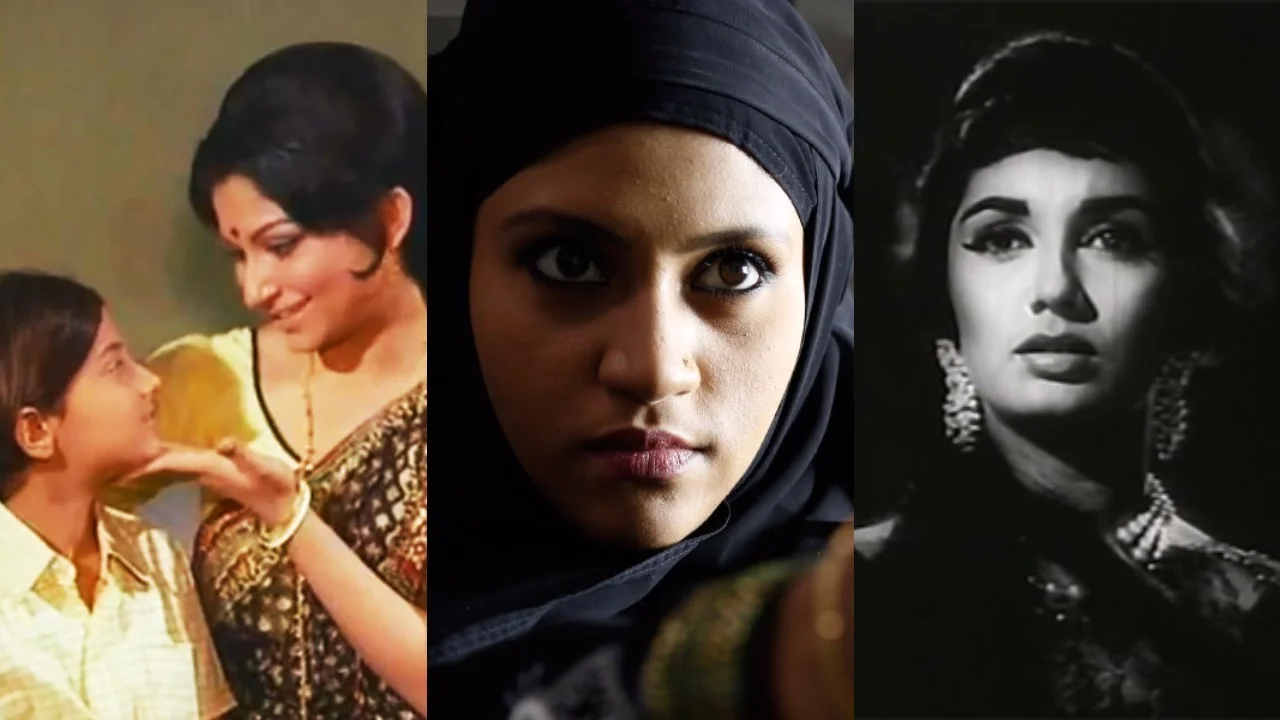Every Single Night, Baby: Quentin Tarantino’s Kill Bill
It’s been fifteen years since the release of Kill Bill, Quentin Tarantino’s four-plus hour kung fu/western epic. Released in two parts (released as Vol. 1 in October 2003 and Vol. 2 in April 2004), the violent saga was my first Tarantino movie and an introduction to what postmodern filmmaking could look like. Since then Kill Bill has become my favorite Tarantino movie. Sure, Jackie Brown and Inglourious Basterds could arguably be called his objective best films. But, Kill Bill has a special place in my heart, though it’s not because of the metatextual references or clever structure. The film’s star Uma Thurman was the main draw for me. Her visceral, grueling, empathetic lead performance made what could be an empty exercise quite emotionally compelling.
A dangerous assassin known only as The Bride (Thurman) sets out to exact her revenge against her former co-members of an elite squad of killers and criminals. Four years ago, The Bride was the victim of a massacre as a result of having left the squad upon becoming pregnant. She was presumed dead after being shot in the head by her ex-lover and boss Bill (David Carradine). But The Bride survived, laying in a coma. She wakes up and, distraught over losing her baby, she plots to kill the people involved. The Bride travels the world collecting limbs and corpses, until she reaches her final target: Bill.
Watching this movie now, some of the cinematic gimmicks feel a bit hollow, or maybe obvious is the better word. I felt like I could see Tarantino at his typewriter cackling at his own wit (at one point in my life, I thought “The Origin of O-Ren” was extremely clever). But perhaps I’m more skeptical of Tarantino in this post-Weinstein era. Uma Thurman has shared her horrifying experience being manipulated into performing a dangerous stunt herself and suffering severe injuries. It’s been really difficult for me to reconcile that with my love for the film. I know that Thurman has publicly forgiven Tarantino but this history is now a part of the film’s legacy. I wish I knew how Thurman looks at her work in the film. I hope she is at least proud of her iconic performance, which gives this genre pastiche a raw, angry, captivating energy.
Kill Bill is ostensibly an action movie, but it has a maternal melodrama baked into it. Maternal melodrama is a subgenre of the “woman’s picture,” popularized in old Hollywood with films like Mildred Pierce, Stella Dallas, and Imitation of Life. Pedro Almodovar often paid homage to these films (High Heels and Volver, among others). Maternal melodramas features a strong but put-upon mother who suffers indignities and injustices and powers through with perfect unconditional love for her child. The Bride endures harsh cruelty and trauma but turns her pain into resolve and becomes an even more dangerous killing machine than she already was.
The shocking reveal at the end of Kill Bill Vol. 1 provides even higher stakes in Vol. 2, which is the true maternal melodrama of the two halves. The Bride’s baby, B.B. (Perla Haney-Jardine) survived and has been living with her father, Bill. The long suffering and noble sacrifices from Old Hollywood women’s pictures is manifested through The Bride’s pointed rage and exacting violence. She expresses the anger that her mid-century counterparts couldn’t or wouldn’t. The climactic showdown between The Bride and Bill shows The Bride at her most human. She abandoned Bill and her assassin lifestyle immediately upon discovering she’s pregnant, because she does not want to bring her child into that world. Bill asks if she was really willing to give up her career, including her power and wealth. The Bride responds that she would have had B.B., giving up her assassin ways. She shows a maternal warmth and protection one wouldn’t think possible in Vol. 1. Of course, the idea that a hard killer becomes human once she’s about to become a mother is sexist through a certain lens. But it is tune with the maternal melodrama genre trappings.
The Kill Bill sage is complicated, walking a very fine line between blatantly misogynist and ferociously empowering. Uma Thurman, along with her co-stars Carradine, Daryl Hannah, Sonny Chiba, Gordon Liu, Michael Parks, Vivica A. Fox, Michael Madsen, and the supremely brilliant Lucy Liu are completely keyed into the movie. Their conviction and their wry portrayals lend the film much gravitas. The cinematography, the editing, the music, and the costume/production design are stunning to this day. Frankly, I was nervous watching Kill Bill for the first time in this modern “Me Too” era. Fifteen years later, however, Kill Bill remains a thrilling, compelling action melodrama elevated by its commanding leading lady.














